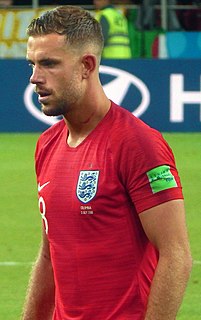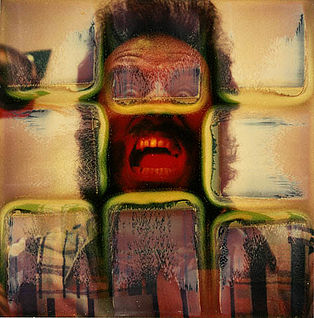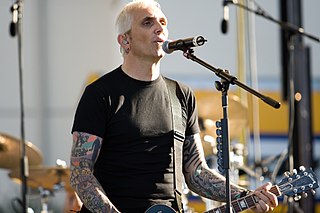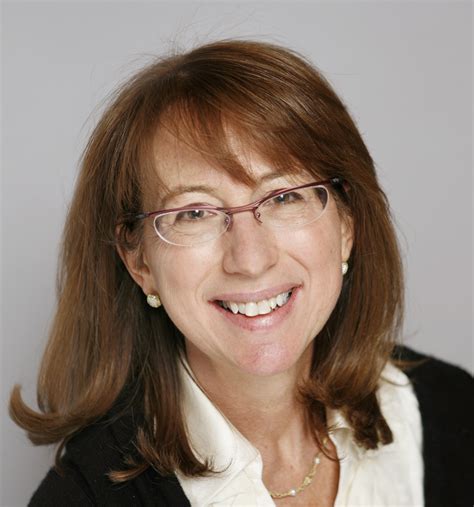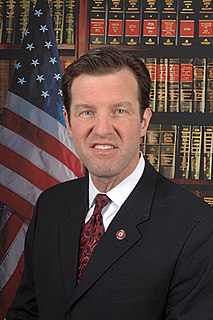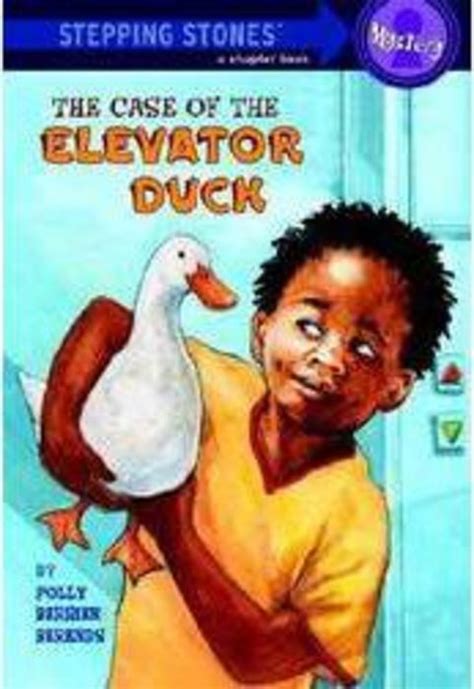A Quote by Sarah Newton
THE BIGGEST TEST FOR PARENTS IS NOT HOW THEY PARENT, BUT HOW THEY RESPOND TO DISORDER AND UNPREDICTABILITY
Related Quotes
The traditional paradigm of parenting has been very hierarchical, the parent knows best and very top down. Conscious parenting topples [this paradigm] on its head and creates this mutuality, this circularity where both parent and child serve each other and where in fact, perhaps, the child could be even more of a guru for the parent .... teaching the parent how the parent needs to grow, teaching the parent how to enter the present moment like only children know how to do.
However much we obfuscate or ignore it, we know that the factory farm is inhumane in the deepest sense of the word. And we know that there is something that matters in a deep way about the lives we create for the living beings most within our power. Our response to the factory farm is ultimately a test of how we respond to the powerless, to the most distant, to the voiceless--it is a test of how we act when no one is forcing us to act one way or another.
I'm looking back at what I did and how it works. In a sense I'm waiting to see how people will respond. I'm waiting to see how you respond, without asking me to tell you what I think about it, because it is your job to give me an idea of how you go about thinking about this work. And if it's too absurd then, you know, I'll kick you out!
I was really strict about my daughter sleeping in her own room, and now she's really independent and likes it that way. So I think for all new moms, I can totally see how you can get wrapped up in making your child 100% your time. But if you could just take 5% or 10% for yourself a day, it won't just make the difference in your confidence, but also your sanity. I think once you just set boundaries and how you're going to parent - everyone parents differently so I hate to be that person to tell them how anyone should parent, I think whatever works for you works.
When parents are educated about how not to involve children in their conflicts and co-parent amicably, a lot of the ill effects of divorce can be alleviated. Divorce is always painful. But kids in a high-conflict marriage or low-conflict but contemptuous ones are often better off in the long run when the parent can disengage.


